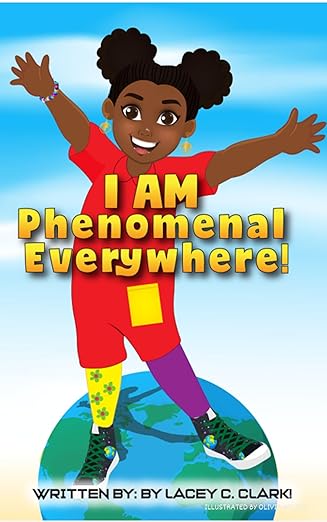(Akiit.com) CHICAGO — For African-American women, hair has been the battleground for definitions of beauty. And when it comes to their hair, no word is more incendiary than “nappy.”
So when Don Imus described members of Rutgers University’s women’s basketball team as “nappy-headed hos,” he not only devalued a talented group of young women with a misogynistic term. He also stepped into a fray over “good hair” vs. “bad hair” that has gone on for generations in the black community, stirring up pain and anger over a word that little black girls still lob at one another each other as an insult.
” ‘Nappy-headed’ means you don’t look good. They used that word on slaves, like we don’t have hair that’s good enough,” said Tina Branch, a hair stylist on Chicago’s South Side.
The negative meaning of nappy — a reference to tightly curled hair — has been attacked over the years as Afros, dreadlocks and other natural styles celebrated the coarse texture of most African hair.
Yet, despite tote bags, shirts and books that proclaim “Happy to Be Nappy,” for some blacks the word implies that people are not beautiful unless their hair is straight.
“Nappy can be considered the other n-word sometimes,” said Lanita Jacobs-Huey, an anthropologist and associate professor at the University of Southern California.
But pair the word nappy with “ho” and it’s a particularly traumatic slur, Jacobs-Huey said.
“When Don Imus uses the term, it can be painful,” she said, noting that the context added to the insult. “He said ‘nappy-headed,’ making a derogatory comment about hair, and paired it with ‘hos,’ which is a sexual reference. It plays to how black women have been sexualized in the media.”
Hair stylist Larry Parker said the word is tossed around often, especially in hair salons. But it all depends on who is saying it and what they mean.
“African Americans can say it to each other because we know what it feels like to wear that name or that label,” he said. “But others outside our race can’t say it. They don’t understand it, they don’t have to live it and they don’t identify with it.”
By Lolly Bowean










Leave a Reply